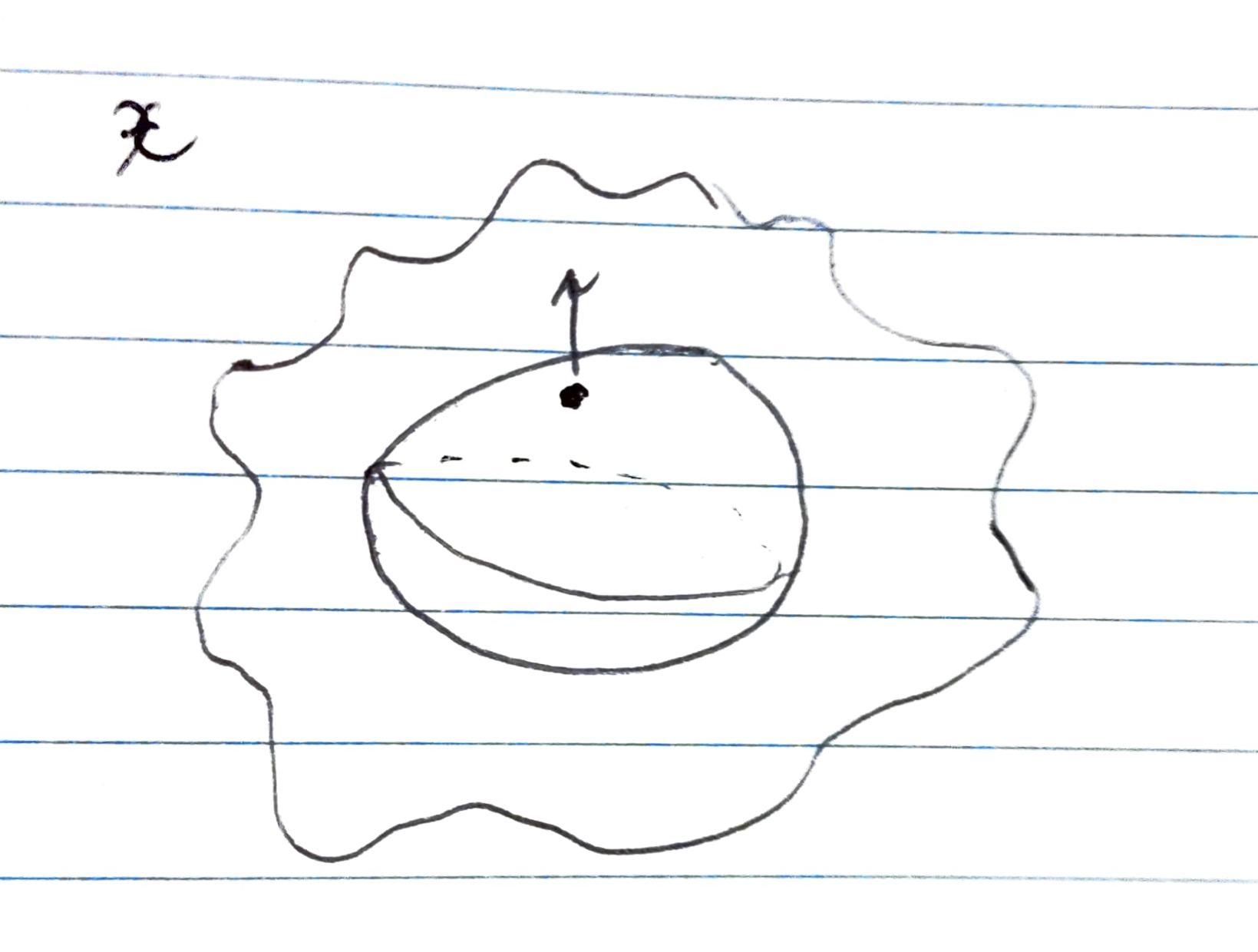Introduction
Contents
Introduction¶
Univariate functions are functions in one variable. This document concerns univariate polynomials and rational functions. Work on the multivariate case is forthcoming.
A rational function is a quotient of one polynomial by another. It is not necessarily polynomial itself. E.g., the function \(x\mapsto 1/x\) is rational but not polynomial. The constant function \(x \mapsto 1\) is polynomial however. Consequently, since any polynomial \(x\mapsto f(x)\) can be written
i.e., as a quotient of polynomials, any polynomial is rational.
Outline¶
The GitHub repository KshkB/Univariates contains files generating this Jupyter book and the modules implementing univariate polynomials and rational functions as Python class types. The purpose of this documentation is describe and demonstrate these classes and their methods.
Below is a brief outline of what is contained in this documentation.
Polynomials¶
Polynomials of any degree are instances of the class Poly. This class is coded in the module polynomial.py. Currently available methods are:
evaluation on both real and complex numbers;
addition, multiplication and division;
differentiation to any order;
integration to any order;
area under the curve;
composition;
the Sylvester matrix;
resultants and the discriminant;
Euclid’s algorithm for finding the greatest common divisor for polynomials.
Rational function methods¶
The class Rational in rational.py codes for rational functions. That is, instances of Rational are rational functions. Methods available on this class are:
evaluation;
addition, multiplication, polynomial long division;
differentiation to any order;
composition;
simplification.
Complex numbers¶
The fundamental theorem of algebra necessitates the use of complex numbers. As a class, complex numbers are coded as cplx in the module cplxnums.py. Methods available on cplx are:
arithmetic (addition, subtraction, multiplication, division);
representation on \(2\times2\) real matrices;
polar transformation;
the roots of unity;
fractional powers.
Low degree polynomials¶
By low degree, it is meant in degrees \(d = 2, 3, 4\). These degrees are special since it is only here where general algebraic formulae exist for the zeroes (or, roots).
Note
Linear polynomials are not studied separately.
The module quadratics.py encodes quadratic (degree two) polynomials as Quadratic.
The module cubics.py encodes the cubic polynomials (degree three) as Cubic.
The module quartics.py encodes quartic polynomials (degree four) as Quartic.
Each of these polynomials of specified degree are, of course, polynomials. The classes Quadratic, Cubic and Quartic are accordingly coded as subclasses of Poly. A common method among each of these classes is zeroes(). Calling this on any instance returns a list of all zeroes of the instance.
Note
While Quadratic, Cubic and Quartic are subclasses of Poly, the method zeroes() is not callable on instances Poly.
